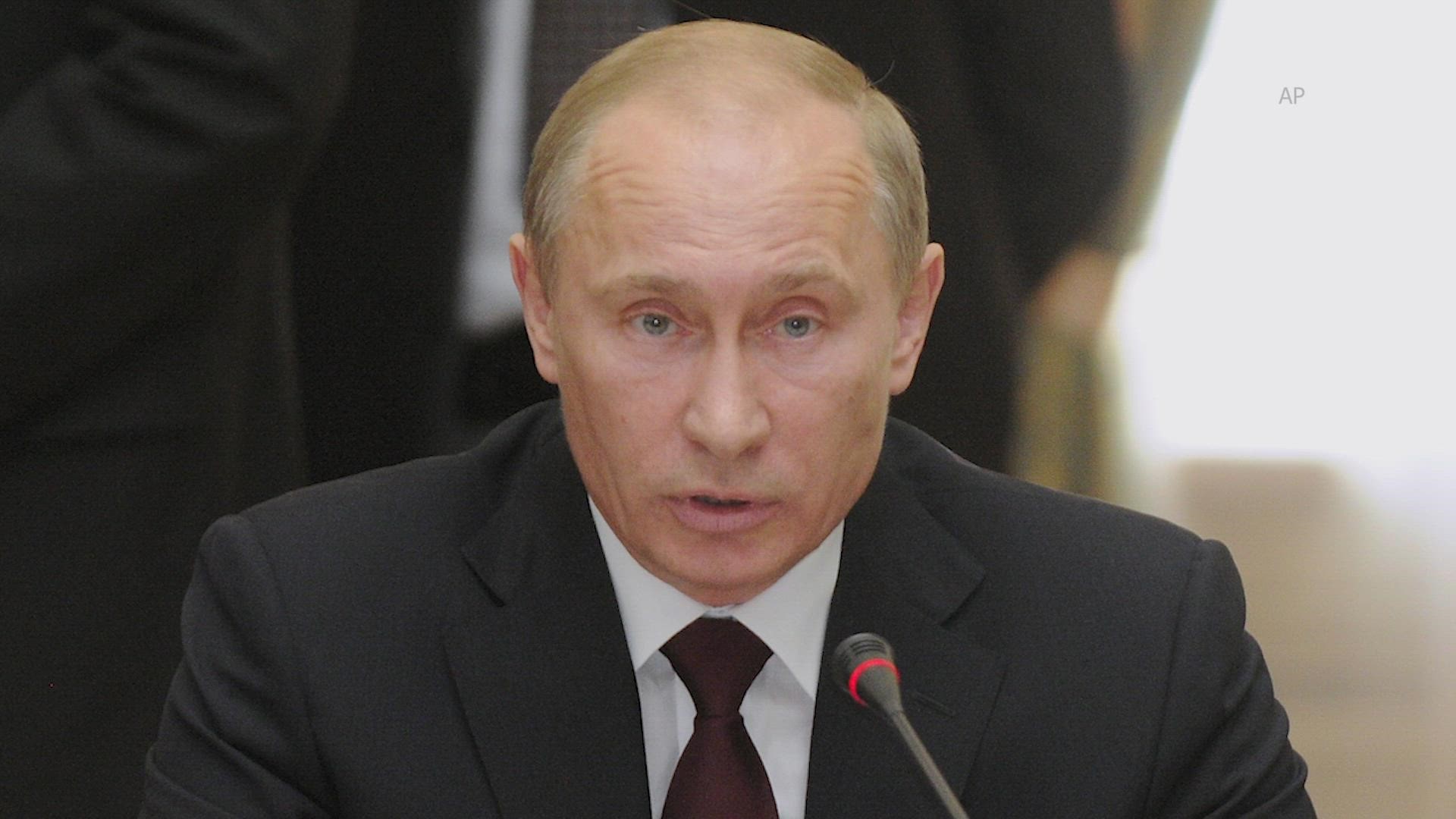Following Russia’s invasion of Ukraine, on Feb. 28, Ukrainian President Volodymyr Zelenskyy submitted an application for Ukrainian membership into the European Union (EU). Zelenskyy posted photos of himself signing the application on Facebook, saying, “Today I signed an application for Ukraine's membership in the European Union.”
Zelenskyy first tweeted, “Ukraine must become part of the #EU” on Feb. 26, and then hours before signing the application on Feb. 28, he made an impassioned speech urging for immediate membership into the EU. Though the EU has already provided humanitarian aid to Ukraine in the days since Russia attacked, full membership in the organization would bring additional financial support and trade stability. Now, on social media, some people are claiming Ukraine’s application was already accepted, but is this true?
THE QUESTION
Is Ukraine a member of the European Union?
THE SOURCES
- Volodymyr Zelenskyy, President of Ukraine
- European Union (EU)
- European Commission
- European Parliament
- Matthias Matthijs, senior fellow for Europe at the Council on Foreign Relations and associate professor of international political economy at Johns Hopkins University’s School of Advanced International Studies (SAIS)
THE ANSWER
No, Ukraine is not a member of the European Union.
WHAT WE FOUND
The European Union (EU) is a unique economic and political union between 27 European countries. The European Commission is the European Union’s politically independent executive arm that is responsible for drawing up proposals for new European legislation and implementing the decisions of the European Parliament and the Council of the European Union.
On its website, the European Commission details the EU’s membership process, which is known as the accession process. Accession of new member states to the EU is governed by Article 49 of the Treaty on European Union. A state that wishes to apply for membership of the EU must satisfy two conditions: “it must be a European state and it must respect the common values of the Member States and undertake to promote them.”
“Accession is not automatic, since it depends on the adequate preparation of the applicant country concerned and on the EU's capacity to integrate the new member. There is thus a pre-accession period of varying length, during which the candidate country adapts its institutions, standards and infrastructure to be able to meet its obligations as a member state,” the European Commission explained.
Following the pre-accession period, if its obligations have been met, the candidate country then moves on to formal membership negotiations. The Commission says this process involves the adoption of established EU law, and all EU governments must agree unanimously to allow the country to move forward.
“Membership negotiations cannot start until all EU governments agree, in the form of a unanimous decision by the EU Council, on a framework or mandate for negotiations with the candidate country,” the Commission explained. “Negotiations take place between ministers and ambassadors of the EU governments and the candidate country in what is called an intergovernmental conference.”
When the negotiations and accompanying reforms have been completed to the satisfaction of both sides, then the country can then join the EU, according to the Commission.
The EU lists its 27 member countries on its website. The Commission also lists the status of countries' membership negotiations online. As of March 2, Ukraine is not on either list.
Matthias Matthijs, senior fellow for Europe at the Council on Foreign Relations, told VERIFY since Ukraine just submitted its application, the country is not currently considered a candidate member of the EU, let alone an official EU member. Matthijs said the EU’s accession process can be quite lengthy. He says Turkey has been trying to get into the EU since the 1980s.
“This could take 10, 15, 20, 30 years because it is such a demanding process,” Matthijs explained. “They would have to do significant economic reforms, political reforms, they would have to clean up corruption, they would have to have a judicial system that's closer to what the EU expects. Anything from transportation to environmental laws, everything —this is such a deep-going process.”
Current EU candidate countries include Albania, North Macedonia, Montenegro, Serbia and Turkey. Meanwhile, Bosnia and Herzegovina and Kosovo are listed as potential candidates because they were “promised the prospect of joining when they are ready.”
So where does Ukraine’s application currently stand? On March 1, the European Parliament adopted a resolution that calls on the EU institutions to work towards granting Ukraine EU candidate status.
The European Commission will be responsible for assessing Ukraine’s ability to meet the criteria for membership, including having a free-market economy, a stable democracy, and accepting all EU legislation as well as the euro.
“If they decide that this has merit, this application, they would have to ask for advice from the European Commission… and that usually takes up to 18 months,” Matthijs explained. “Now, given the extraordinary situation Ukraine is in, there will probably be pressure on the Commission to do this faster.”
Although Ukraine is not yet an official member of the EU, the EU did detail its solidarity with Ukraine on its official website, saying it will continue to support the country and its people with its international partners, including through additional political, financial and humanitarian support.
More from VERIFY: No, Ukraine is not a member of NATO, but the country has applied to join












